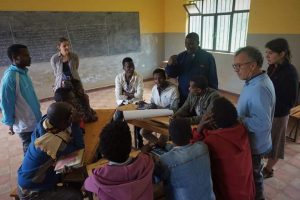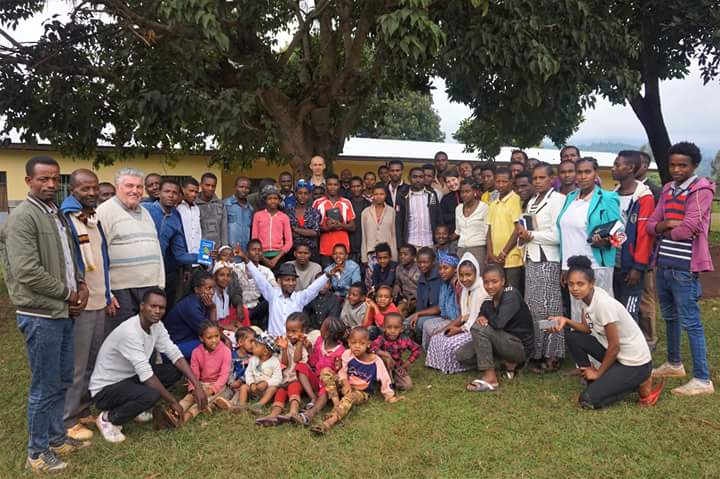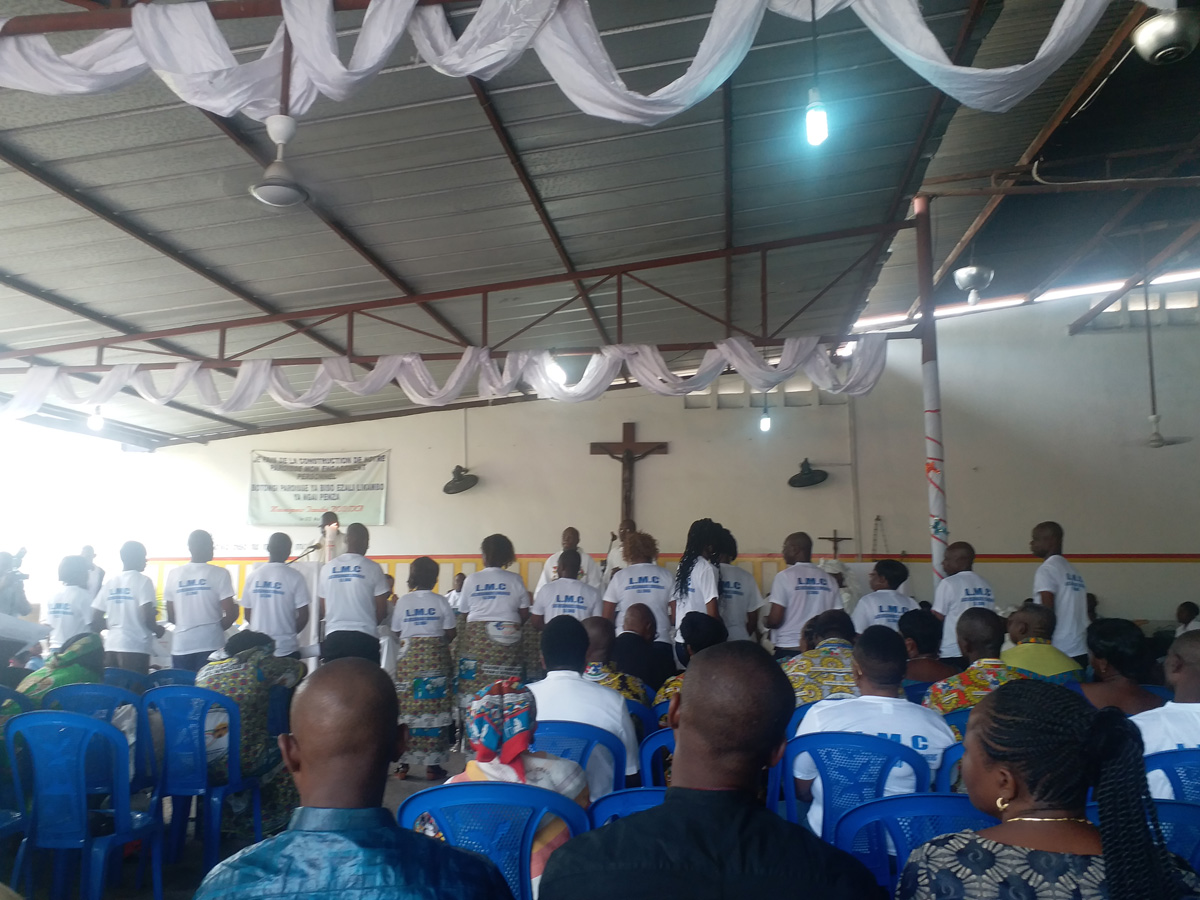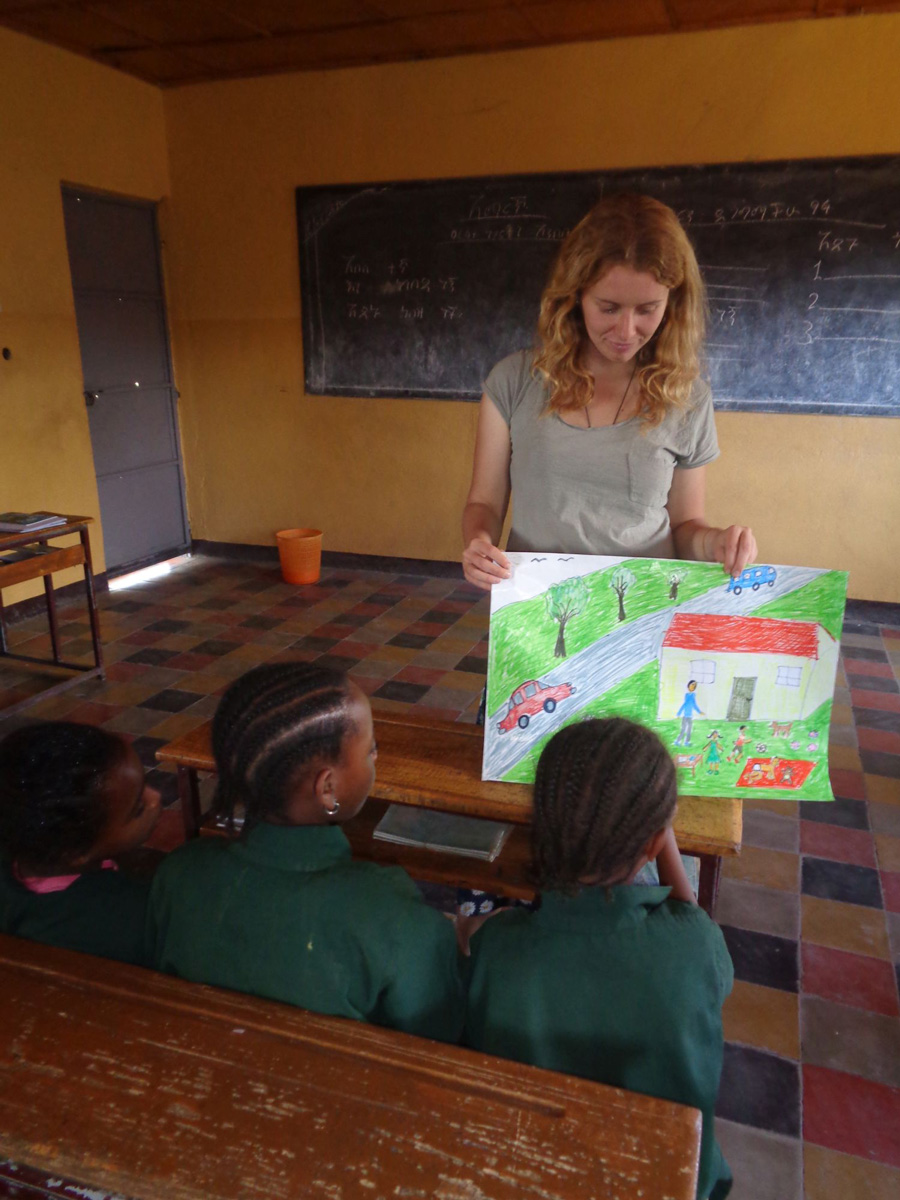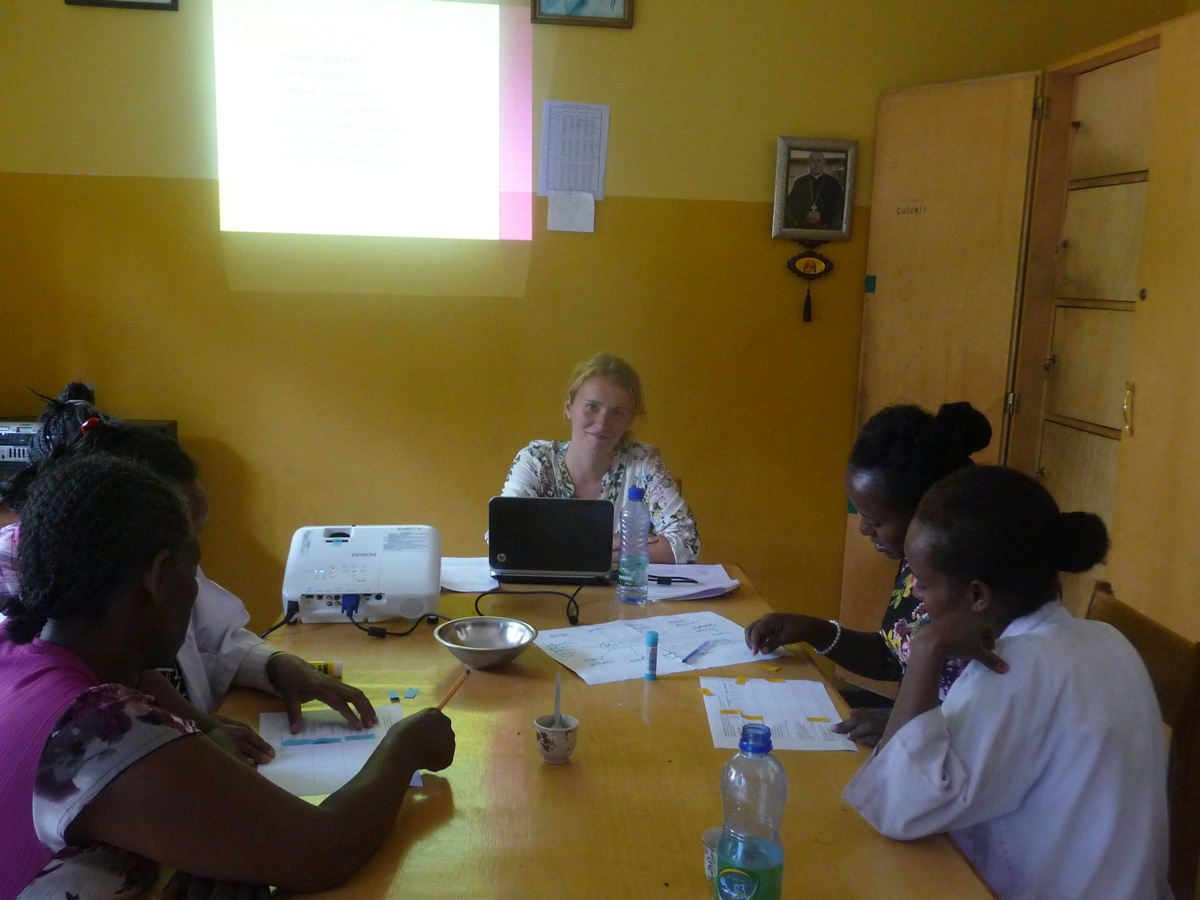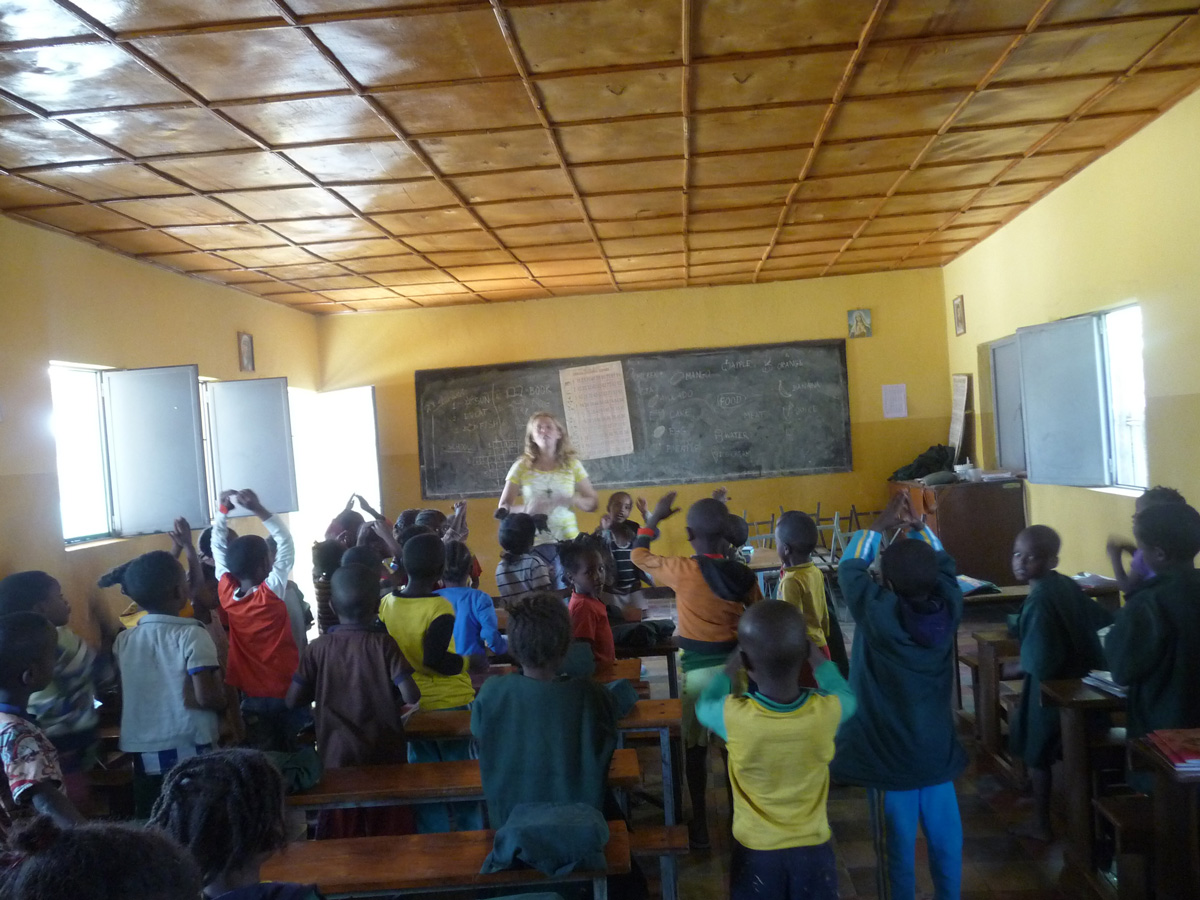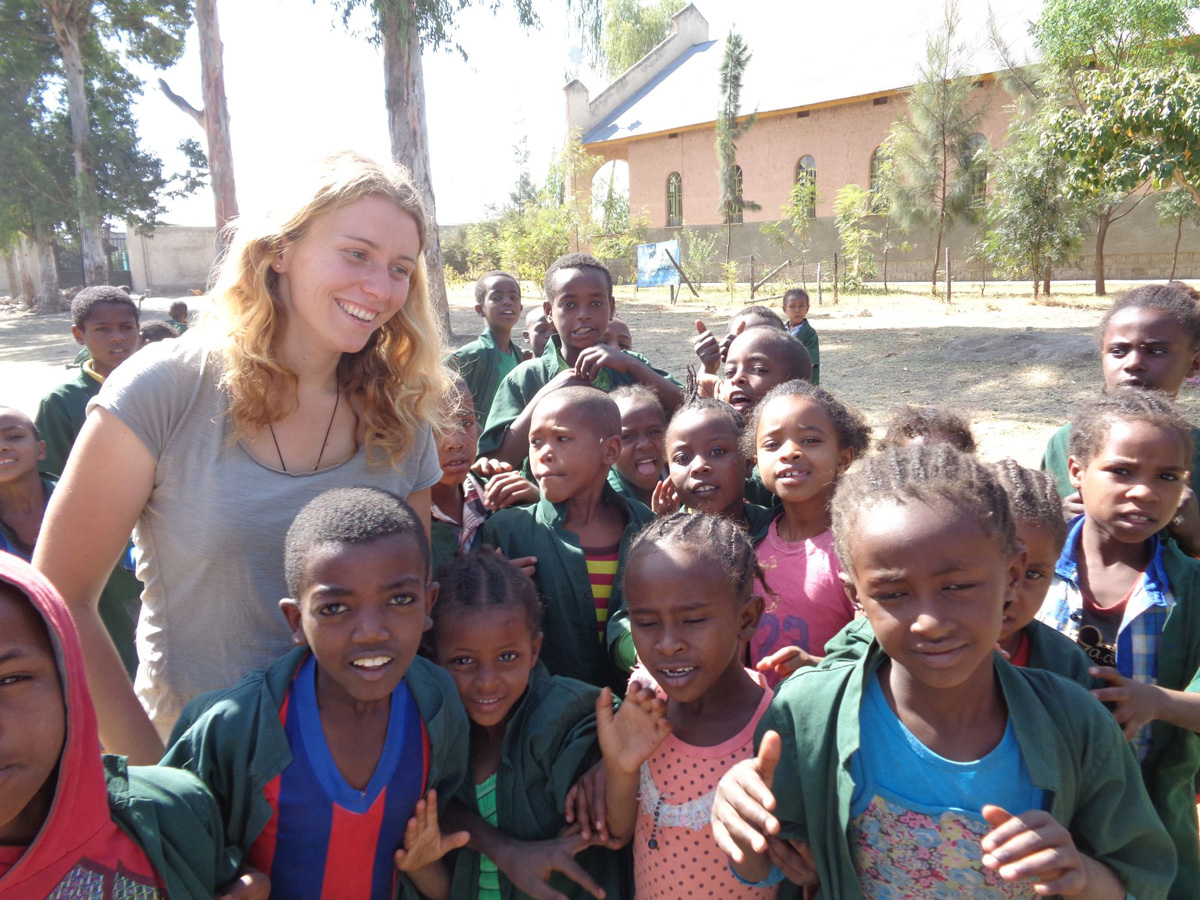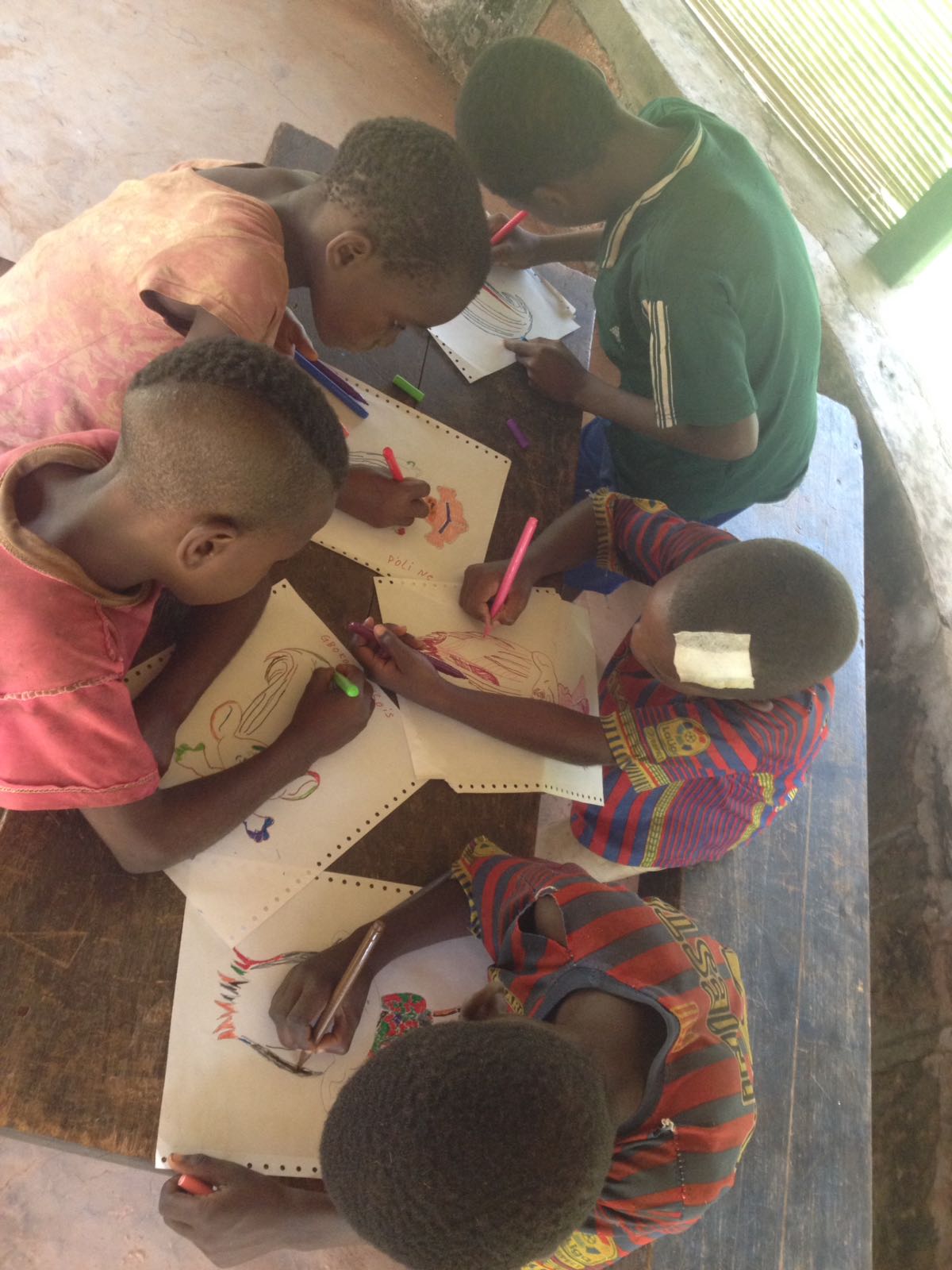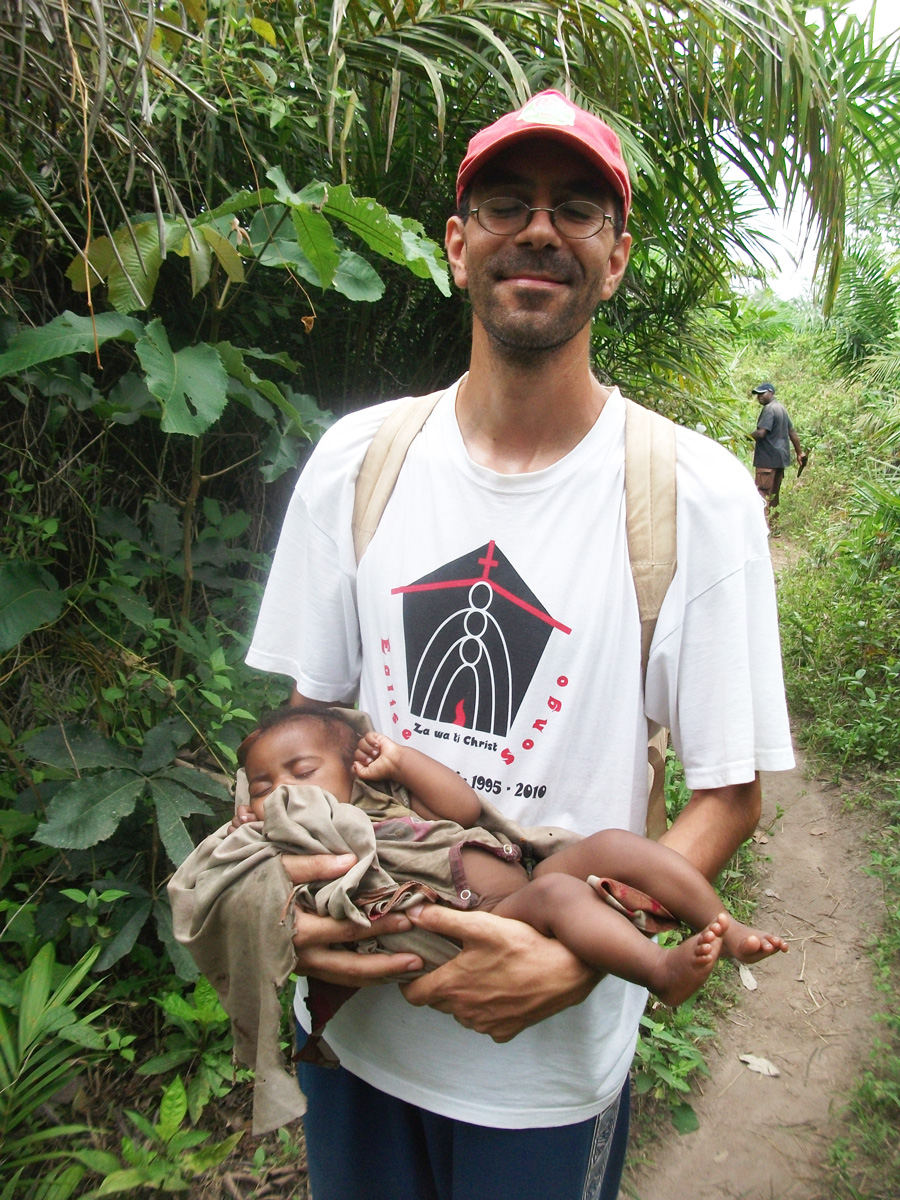
Hi to everyone. How are you doing? I hope you are well. Here the rainy season has begun and, to move around, we could use Noah’s ark. When it rains in Mongoumba, everything stops (I believe the same happens throughout the RCA), the children and the teachers do not come to school, you do not see anyone around and we could sleep all day long, lulled by the sound of the rain, and think of you in Portugal, Poland, Italy, all over the world. Mission has its pros and cons.
ESPERGESIA
I was born on a day
when God was sick.
Everyone knows that I live,
that I’m evil; and they don’t know
about the December of that January.
Since I was born on a day
when God was sick.
There’s a void
in my metaphysical air
that no one must feel:
the cloister of a silence
that spoke on the edge of a fire.
I was born on a day
when God was sick.
Brother, listen, listen…
Alright. And may I not go
without bringing Decembers,
without leaving Januaries.
Since I was born on a day
when God was sick.
Everyone knows that I live,
that I chew… and they don’t know
why there’s a squeal in my verse,
the dark uncertainty of a coffin,
from polished unrolled winds of the inquisitive
Desert Sphinx.
Everyone knows… And they don’t know
that the Light is consumptive,
and the Dark fat…
And they don’t know that the mystery encapsulates
that it’s the musical
and sad hunched back that denounces from a distance
the meridian step from the boundaries to the Boundaries.
I was born a day
when God was sick,
gravely sick.
(César Vallejo)
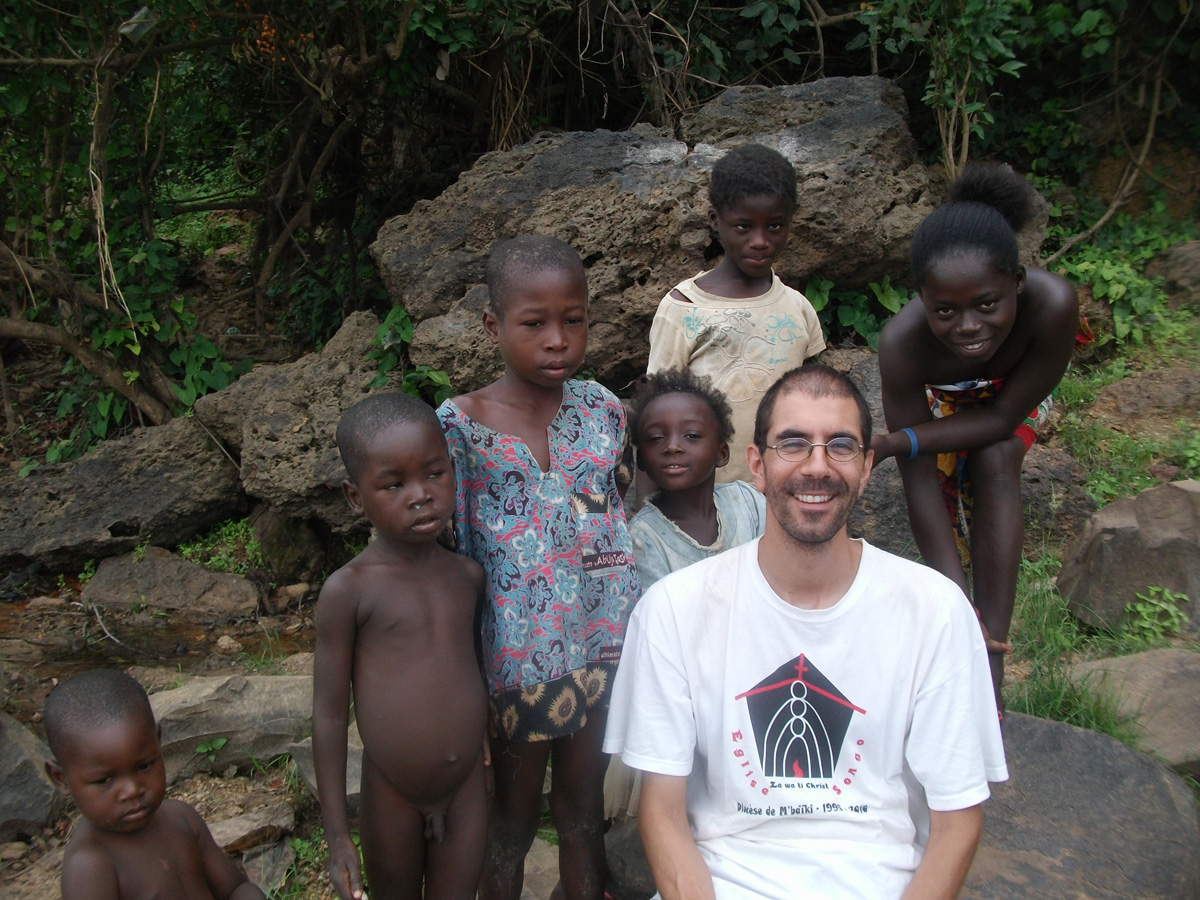
In this deep, thick, foreboding, sticky, penetrating, often desolated and discomforting night that envelops the entire Republic of Central Africa, there is lightning of blinding light lasting but an instant. It is the lightning of rifles, of shooting, of grenades followed by an awesome noise… and lightning of ESPERGESIA, lightning GENERATING HOPE.
In Bangui, in the neighborhood called Kilometro 5, in the parish of Our Lady of Fatima where I spent 45 days studying Sango, on May 1, feast of St. Joseph the Worker, during Mass, there was the lightning of weapons, shooting, of weapons, of grenades. It was a well-planned attack by people who want to see the night last forever. There were 16 victims.
We immediately perceived that the rumbling of the thunder of this explosion resounded around the world (someone even wrote to us from Brazil), we have felt the warmth of your nearness. We are OK. We were not direct witnesses. They tell us that slowly the situation is getting back to “normal.” In fact, that is how it is. After the lightning of weapons we have gone back to living in an even darker night.
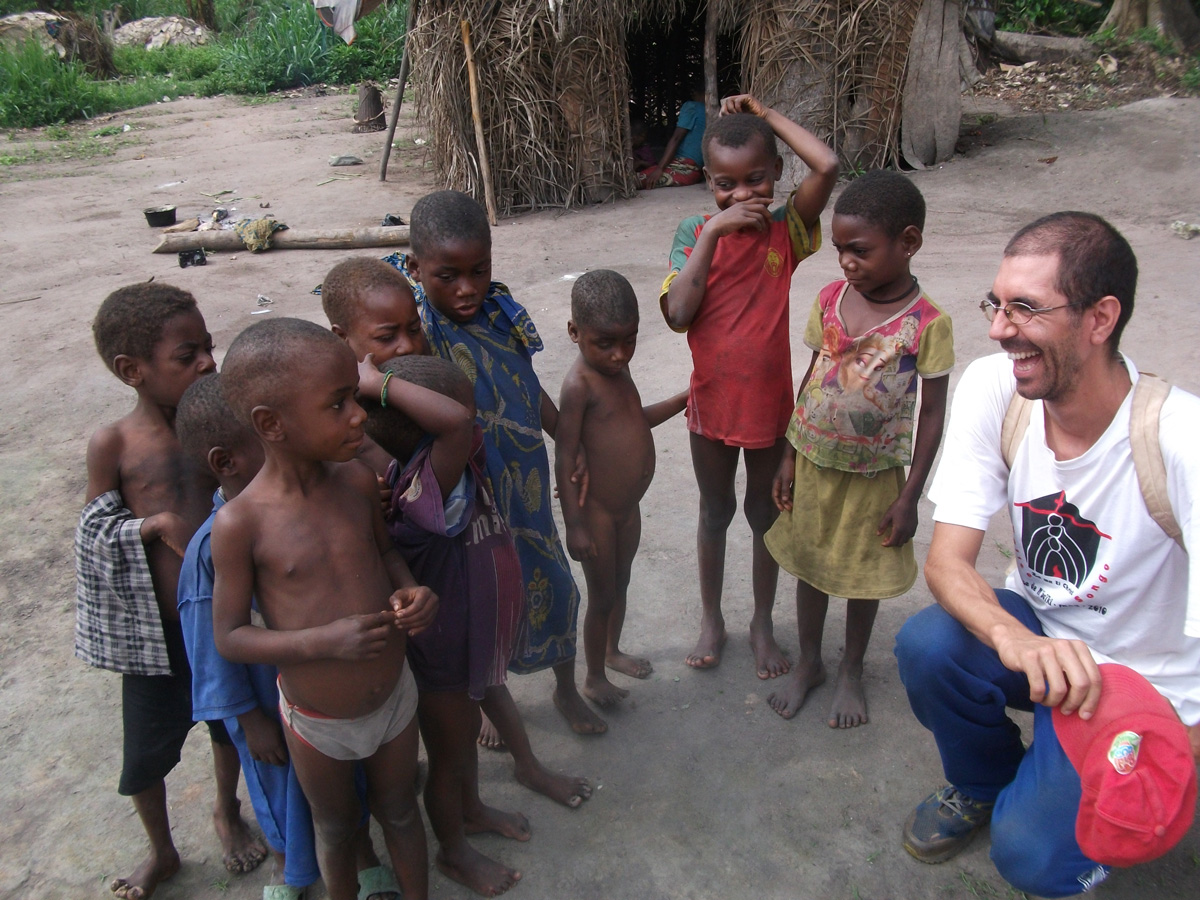
In Mongoumbua there is lightning of ESPERGESIA, lightning GENERATING HOPE, infinitesimal, but of a blinding light: our visits to the Pygmies camps; Tuesday morning with the babies of the nutrition center; Sundays in the chapels for prayer with the community, sharing a bit of cassava and some small fish caught just for us; the Thursday meetings with a vocation group; the afternoons spent to draw and color; the endless hikes surrounded by cheering children; and the little newly born Pygmies, bundles looking at you with half open little eyes, who seem to tell you: “I was born on a day when God was sick, very sick,” butif I was born in this infernal night, there is still…
ESPERGESIA
Greetings, a hug and a kiss, prayers and THANKS
Simone CLM
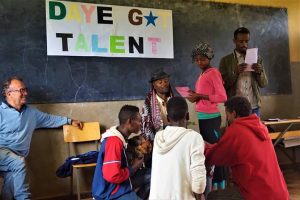 Last Saturday with some members of our Comboni Friends group, we went to Daye – one of the Combonis’ missions among Sidama people. We met there with youth leaders from different outstations, more than 50 of them came. The topic was based on Matthew’s gospel and parable about talents. There was small teaching about, testimony of Adela about her talents and how she uses them to serve others, and then time to work in small groups to discover and share which gifts God gave us and how can we use them.
Last Saturday with some members of our Comboni Friends group, we went to Daye – one of the Combonis’ missions among Sidama people. We met there with youth leaders from different outstations, more than 50 of them came. The topic was based on Matthew’s gospel and parable about talents. There was small teaching about, testimony of Adela about her talents and how she uses them to serve others, and then time to work in small groups to discover and share which gifts God gave us and how can we use them.



